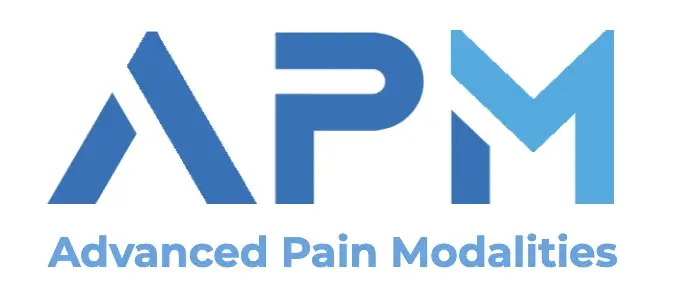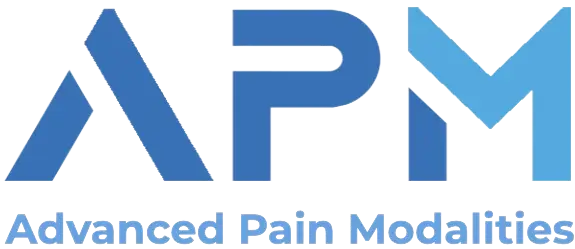What is a herniated disc?
Herniated discs are what used to be known as slipped discs and are a likely cause of back pain. The discs that sit between the vertebrae in your spine are made of a tough outer shell and a softer, jelly-like interior, which provides the cushioning effect that protects your spine. A disc is herniated when the soft interior is pushing through a weak spot in the outer shell.
The outer shell can weaken and tear for several reasons. For example, discs can deteriorate over time, causing degenerative disc disease, in which the disc starts to dry, compress, and weaken. Acute injuries from straining your back can also cause discs to rupture and start bulging out.
Herniation can affect any of the discs, but the lumbar region in the lower back is where it occurs most frequently. Sometimes a disc can herniate without you realizing it because it doesn’t cause any symptoms. In many cases, though, the interior of the disc starts to press on the nerves in the spine, causing pain and sometimes affecting other functions as well.
Herniated discs sometimes heal without intervention after a few weeks. However, if your back pain isn’t improving or you’re experiencing severe pain, you should call Advanced Pain Modalities.
What symptoms does a herniated disc cause?
- Burning or tingling sensations
- A stiff neck
- Weakened muscles
- Oversensitive reflexes
- Muscle spasms
How are herniated discs treated?
When you visit Advanced Pain Modalities, the first stage involves getting an accurate diagnosis of the cause of your pain.
The team has considerable expertise in assessing patients who have back pain. They start by carrying out a physical exam and a review of your medical history, and then use diagnostic imaging tests to confirm their diagnosis and assess the extent of the problem. If they suspect degenerative disc disease, you may also need to undergo a lumbar discogram.
The next stage is preparing a personalized treatment plan that suits you and your needs. Potential treatments for herniated discs include:
- Pain medications
- Plenty of rest
- Muscle relaxants
- Anti-inflammatory medications
- Cold compresses or ice packs
- Physical therapy
- Epidural spinal injections
Most patients who have herniated discs find that a combination of these approaches works best to heal the disc and alleviate the pressure on your spinal nerves. If you undergo these treatments with no success, then surgery may be an option for, for example, a partial or complete disc replacement procedure.
If you think you have a herniated disc, find the right solution to your pain by calling Advanced Pain Modalities today, or book an appointment online.

